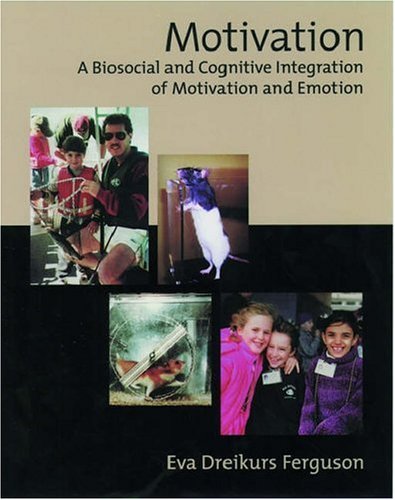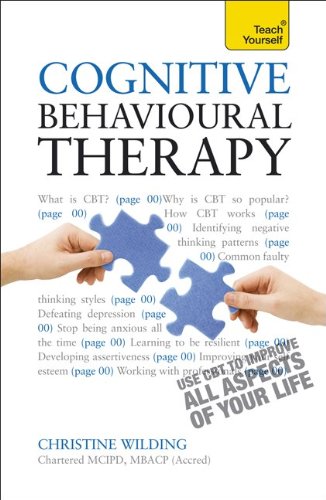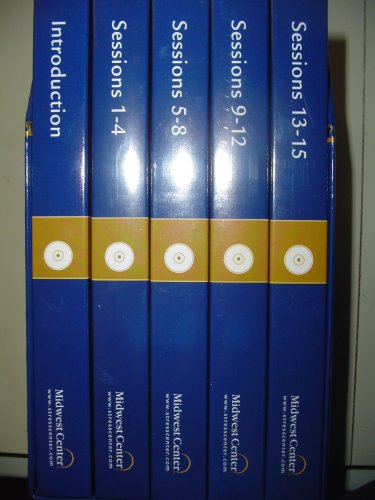
Motivation: A Biosocial and Cognitive Integration of Motivation and Emotion shows how motivation relates to biological, social, and cognitive issues. A wide range of topics concerning motivation and emotion are considered, including hunger and thirst, circadian and other biological rhythms, fear and anxiety, anger and aggression, achievement, attachment, and love. Goals and incentives are discussed in their application to work, child rearing, and personality. This book reviews an unusual breadth of research and provides the reader with the scientific basis for understanding motivation as a major variable in human and animal life. It also offers insights that can be applied to immediate and practical problems. Various areas are examined in depth, such as the relationships between reward, incentives, and motivation. The discussion of biological rhythms shows that humans and animals are more alert at certain times than others, and these rhythms also affect performance. The topics in the book span the ways in which motivation connects with many aspects of contemporary psychology. Basic issues of design and methodology, details of research procedures, and important aspects of definition and measurement, are discussed throughout the book.
Motivation: A Biosocial and Cognitive Integration of Motivation and Emotion examines the way motivation functions and how it interacts with other important variables: physiological processes; learning, attention, and memory; rewards and stressors; the role of culture as well as species characteristics. The presentation makes clear in what important ways motivation, as a construct, contributes to the scientific understanding of behavior. The book offers advanced undergraduate and graduate students a broad overview of motivation. It also is of value for the professional psychologist who seeks an integrated overview of the classical and contemporary literature in the field of motivation. The book provides information on a broad range of issues and thus can be used also as supplementary reading for courses on cognition and biological as well as social psychology.


